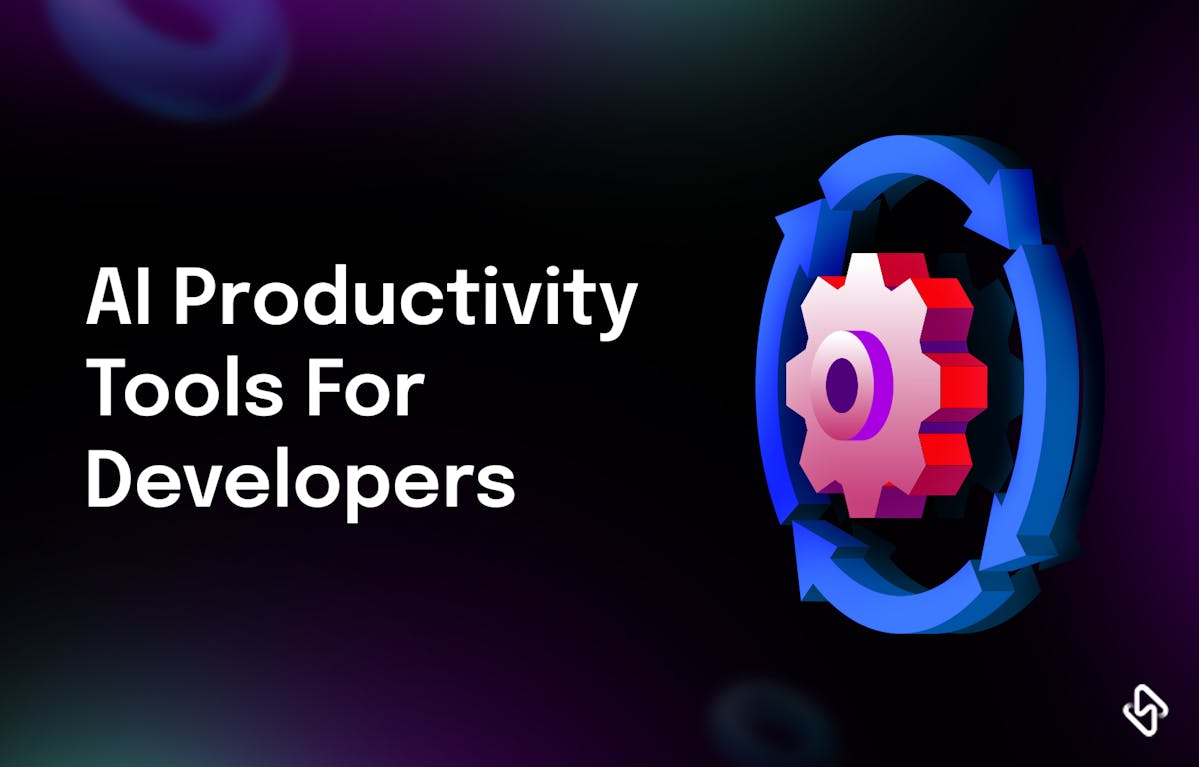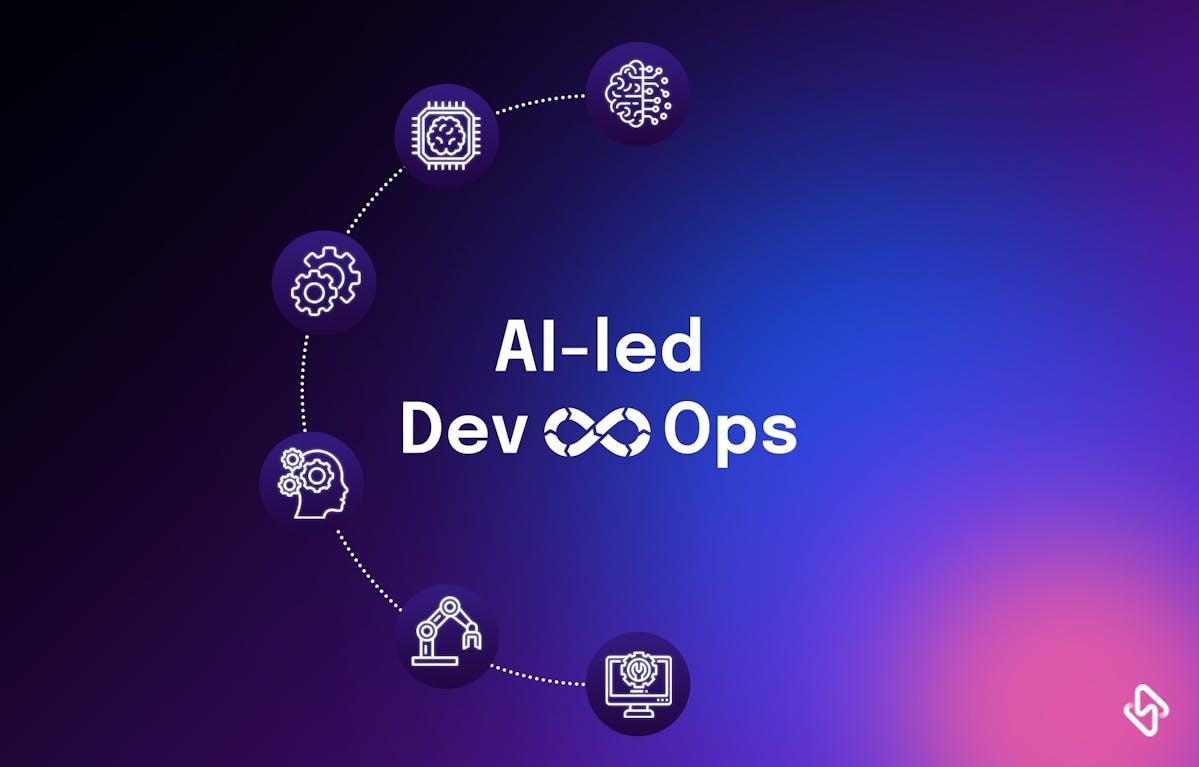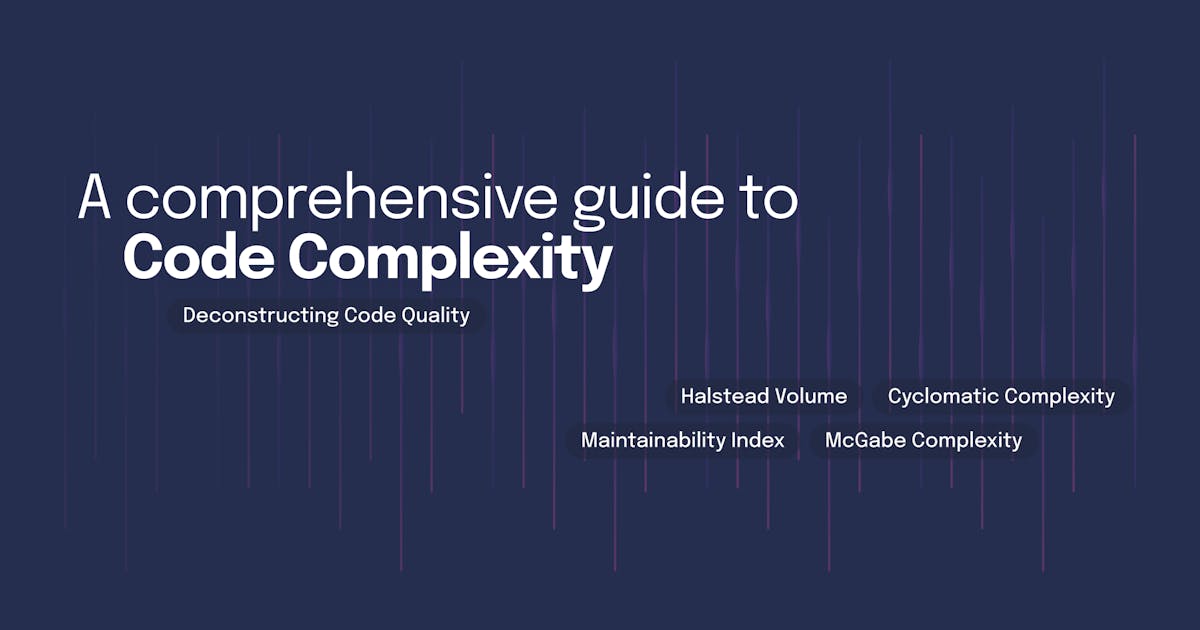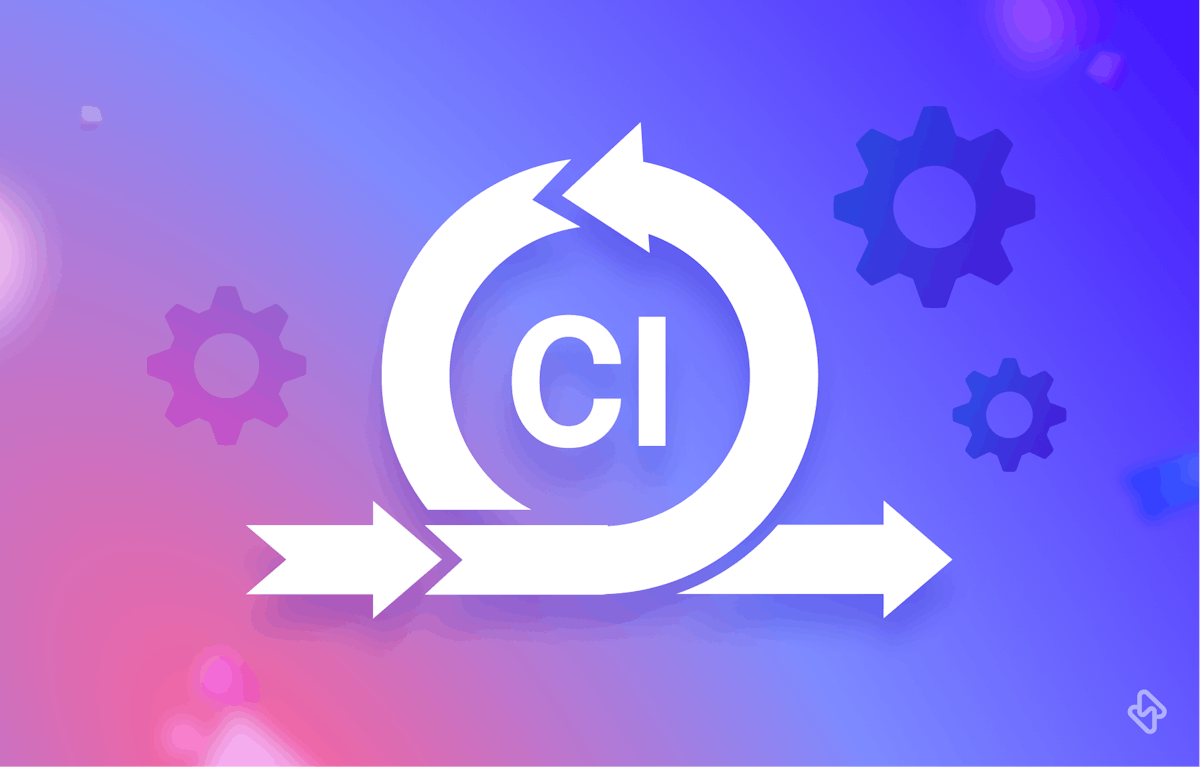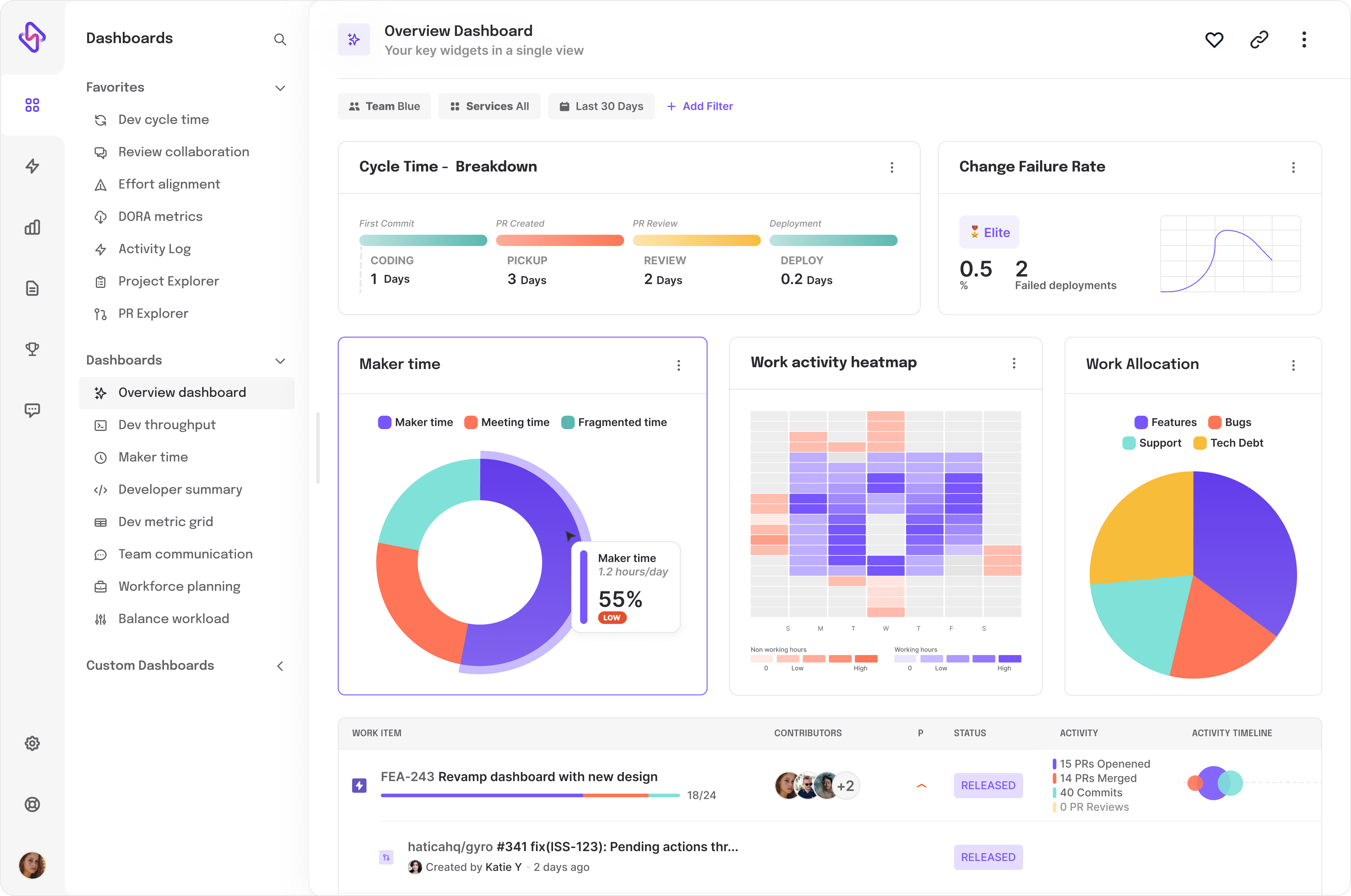GenerativeAI tools are getting a lot of traction in revolutionizing software development, and we think it is for the right reasons. As the demands for rapid development, scalability, and enhanced user experiences continue to rise, developers are perpetually in search of novel ways to streamline their workflows and amplify their productivity.
AI's penetration into the developer toolkit is redefining the boundaries of what is achievable. But hold up, before you start thinking AI is here to steal your thunder, remember this: developers are the maestros of innovation. AI might write code and suggest fixes, but it's you who conducts the symphony of creativity. AI can't dream up that groundbreaking app idea or find that one-in-a-million solution. That's your turf, your playground.
10 AI Tools to Boost Developer Productivity
Let's zoom through the top 10 AI tools that are boosting developer productivity:
1. GPT-4: OpenAI's Advanced Language Model
OpenAI's GPT-4 is the cutting-edge successor to its well-known Large Language Model (LLM) lineage, building upon the triumphs and acceptance of both GPT-3 and GPT-3.5. GPT-4 has been branded as being more inventive and precise while simultaneously maintaining a higher degree of safety and stability.
Those interested can join the API waitlist for GPT-4 and utilize the benefits of the technology even before API access is granted, courtesy of public access to ChatGPT Plus.
GPT-4 introduces a large multimodal model, able to accept image and text inputs, although it currently emits text-only outputs. It's the driving force behind ChatGPT Plus, accessible via the ChatGPT and API waitlist.
The model's improvements from previous iterations are remarkable. It's far more stable, it performs admirably on various standard examinations, and it has undergone more comprehensive safety checks and training. However, as with any technology in its nascent stages, certain apprehensions persist about its stability and safety. Additionally, while it's an improvement over predecessors, GPT-4 still displays discernible bias in many outputs.
Key features of ChatGPT include the ability to save and retrieve conversation history, optimization for human dialogue through RLHF (Reinforcement Learning from Human Feedback), and the availability of an API for developers eager to integrate ChatGPT functionality into their applications and products. ChatGPT Plus is a subscription-based service paid via credit card. ChatGPT has proven itself as one of the only freely available and user-friendly content-generation tools for the general public.
2. Claude
Claude, an AI chatbot and content generator from AI startup Anthropic, excels at creating engaging content. Its focus on safety and customization, along with its commendable performance in comedy and creative content generation, has earned it rave reviews from users. Claude's ability to absorb feedback and improve their communication style sets it apart.
Despite these advancements, harmful requests can still pass through if contextualized as a fictional scenario. Additionally, unlike other tools, Claude doesn't offer a free version and cannot access the internet. Also, it is also currently only available in Europe and USA.
3. TabNine
TabNine is a powerful AI-powered code completion tool developed by Codota. It uses machine learning algorithms to provide smart code suggestions for over 20 programming languages and 15 editors, including popular ones like Java, Python, C++, VS Code, IntelliJ, and Android Studio.
TabNine's main strength lies in its ability to study and learn from your codebase. It analyzes your code patterns, offering personalized and context-aware suggestions. Its dual engine (local and cloud-based) makes it stand out, allowing it to operate seamlessly even without an internet connection.
Although it isn't a full code generator, TabNine significantly improves code writing efficiency by boosting the development pace and protecting code privacy. However, it isn't without shortcomings. The free version is primarily suitable for smaller projects, and the tool can occasionally clutter the interface with irrelevant suggestions.
4. GitHub Copilot
Developed by Microsoft, GitHub Copilot starting at a minimum of $10/month provides context-aware code suggestions based on ML algorithms and open-source codes. While it enhances coding efficiency, developers should always verify the suggestions for accuracy due to the tool’s limitations.
Some of the notable features of GitHub Copilot include its availability in two packages, Copilot for Individuals and Copilot for Business. It's capable of transforming natural language prompts into code, providing multi-line function suggestions, managing organization-wide policy, and supporting corporate proxies in the Business version. What's more, it provides coding recommendations based on context and style, giving users the option to edit and select as per their requirements.
5. RegExGPT
Writing regular expressions (RegEx) can be a daunting task, especially for beginners. But with RegExGPT, you can generate RegEx expressions from plain English prompts. This tool simplifies the task of creating complex RegEx patterns, saving developers from the cumbersome traditional method of creating and testing regular expressions.
RegExGPT allows developers to supply the input string and the expected output, and it will generate a RegEx pattern to match it. It's a brilliant tool for automating text parsing and filtering tasks, but remember to test the produced expressions thoroughly to avoid unwanted results.
6. CodeQL
CodeQL is a powerful semantic code analysis engine developed by GitHub. Unlike traditional code analysis tools that rely on pattern matching, CodeQL takes a semantic approach. Instead of relying solely on pattern matching, it dives into the deeper structure of code, analyzing relationships, data flows, and potential vulnerabilities. This methodology resembles parsing the nuances of a language rather than just scanning for keywords. It's codebase snapshots captures not just the code but also its dependencies, relationships, and the entire ecosystem it resides in. Think of it as assembling a virtual blueprint of your software.
Traditional tools often identify isolated issues, missing the larger picture. CodeQL, however, examines how different code segments interact, facilitating the identification of complex vulnerabilities that might span across files or components.
7. CodeWP
CodeWP is an AI WordPress code generator built by Isotropic. It is a dedicated tool for WordPress developers, offering unique features like live collaboration, real-time code feedback, and GitHub integration for easy version control.
CodeWP supports JavaScript and PHP and even has modes specific to popular WordPress plugins like WooCommerce. Its main strength is its focus on WordPress, providing WordPress-specific code suggestions and handling tasks related to WordPress development. However, it might be buggy occasionally and is not suitable for large-scale applications.
8. AlphaCode
AlphaCode stands out with its powerful transformer-based language model, comprising a staggering 41.4 billion parameters. This AI tool provides training in several programming languages and is particularly proficient in Python and C++.
AlphaCode is renowned for generating code at an unprecedented scale and doing efficient critical thinking based on experience. Although it's currently free, users must be aware that its learning process is user-dependent and can occasionally falter.
Trained on GitHub code repositories and fine-tuned through CodeContests, it employs methods like sample generation, smart filtering, and clustering to solve complex problems akin to a human programmer. Its large-scale code generation capability coupled with smart filtering puts it on a par with its human counterparts.
9. Phind
Phind is a specialized search engine dedicated to developers. With its capability to provide intricate and insightful responses to programming-related queries, it sets itself apart from conventional AI tools like ChatGPT. Phind also retrieves related links through search, providing a comprehensive response to users' inquiries.
When fed with specific coding questions, Phind surpasses its competitors, providing concise, accurate, and implementable answers. Furthermore, its search results provide added context to the AI-generated response, allowing developers to simultaneously view the example code and the relevant documentation. As of July 2023, Phind remains free, providing a robust and valuable resource for developers at no cost.
10. AskCodi
AskCodi powered by OpenAI's Codex, is designed to generate code, respond to your programming queries, and even propose beneficial code suggestions. It's as simple as installing the AskCodi extension on your preferred Integrated Development Environment (IDE), such as Visual Studio Code, PyCharm, or IntelliJ IDEA. This ensures you're well-prepared to enhance your coding process. Furthermore, AskCodi is adept at generating SQL queries and creating DocStrings.
Key features of AskCodi include the generation of code from plain prompts, thereby simplifying the coding procedure. It responds to your coding inquiries in a straightforward fashion, enabling you to understand complex coding concepts with ease. Notably, AskCodi suggests code as you type, assisting in error prevention and the creation of efficient code.
AskCodi is designed to provide a relaxed coding experience by taking charge of laborious tasks such as code generation and responding to coding queries. This tool comes with free plans, with premium plans commencing at $7.99 per month, providing greater functionality for users who require more intensive coding assistance.
Bonus Tool: Amazon CodeWhisperer
Amazon's CodeWhisperer is a tool similar to GitHub Copilot, designed to suggest complete functions based on prompts, comments, and project code. The key advantage of CodeWhisperer is its optimization for AWS APIs, making it an invaluable tool for developers building on Amazon's cloud platforms.
Expand Developer Output through Innovative AI-Powered Tools
Each of these AI tools has its own strengths and weaknesses, yet they all aim at a common goal: improving developer productivity. With AlphaCode and GitHub Copilot, developers are assisted in writing efficient code in various programming languages, whereas Bard and Claude provide support in the form of dialogue assistance and content generation.
On the other hand, DataMaker, MutableAI, and Cohere Generate provide enhanced automation of coding tasks and custom code snippet generation. While the former is focused on facilitating Webflow-related tasks, the latter two are designed to handle broader software development tasks.
Although they are not without limitations, these tools are constantly being updated and improved, making them more robust and reliable for users. Factors such as computing power, handling of personal data, cost, language support, and availability can significantly influence the tool choice for different development contexts.
However, the current progress and potential of these AI tools are exciting. As they become more refined, developers can expect more streamlined workflows, better productivity, and ultimately, the ability to solve more complex problems more efficiently. The future of AI-assisted development seems bright, and it will be exciting to see how these tools evolve in the coming years.
Subscribe to the Hatica blog for more insights on AI, developer productivity, and engineering effectiveness.


